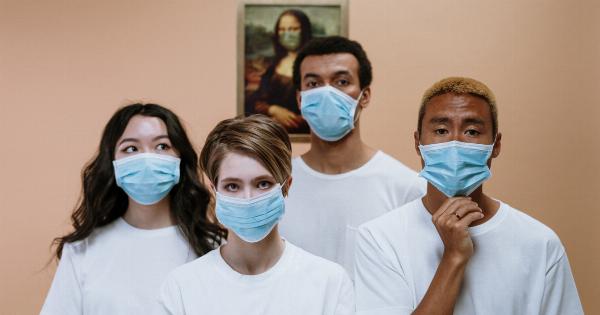The flu is a highly contagious respiratory illness caused by influenza viruses. It affects millions of people each year, and can be serious or even fatal for some. This year, it seems to be hitting especially hard.
Across the United States, over 100 people have died from the flu since October, and health officials are concerned that this number could continue to rise.
Why is this year’s flu so severe?
There are a few reasons why the flu seems to be hitting harder than usual this year.
First, the predominant strain of the virus circulating this year, H3N2, tends to cause more severe illness and lead to more hospitalizations and deaths than other strains. In addition, the flu vaccine that was developed for this season may not be as effective as in past years.
The vaccine is designed to protect against the three or four strains of the flu virus that are expected to be most common in a particular season, but it can be difficult to predict which strains will be circulating. This year, the H3N2 strain mutated slightly after the vaccine was developed, making it less effective against this particular strain.
Who is most at risk?
While anyone can get the flu, certain groups are at higher risk for serious complications, including:.
- People aged 65 and older
- Young children, especially those under 2 years old
- Pregnant women
- People with chronic medical conditions, such as asthma, diabetes, or heart disease
- People with weakened immune systems
If you are in one of these high-risk groups, it’s especially important to take steps to protect yourself from the flu.
How can you protect yourself?
The best way to prevent the flu is to get vaccinated each year. Even if the vaccine is not 100% effective, it can still reduce your risk of getting the flu and lessen the severity of the illness if you do get sick.
In addition to getting vaccinated, you should also take the following steps to protect yourself:.
- Wash your hands frequently with soap and water, or use an alcohol-based hand sanitizer
- Avoid close contact with people who are sick
- Cover your mouth and nose with a tissue when you cough or sneeze, and throw the tissue away after use
- Clean and disinfect commonly touched surfaces and objects, such as doorknobs, keyboards, and phones
- Stay home from work or school if you are sick
What should you do if you get sick?
If you develop symptoms of the flu, such as fever, cough, sore throat, body aches, and fatigue, it’s important to stay home and rest until you are feeling better. Avoid close contact with others to avoid spreading the virus.
Most people will recover from the flu without any complications, but some may require medical attention. If you are in a high-risk group or your symptoms are severe, contact your healthcare provider right away.
Conclusion
The flu is a serious illness that can lead to hospitalization and even death, especially in high-risk groups. This year, the flu seems to be hitting particularly hard, and over 100 lives have been claimed by the virus.
To protect yourself and others, it’s important to get vaccinated, wash your hands frequently, avoid close contact with sick people, and stay home if you are sick. If you develop symptoms of the flu, contact your healthcare provider for guidance on treatment.



























